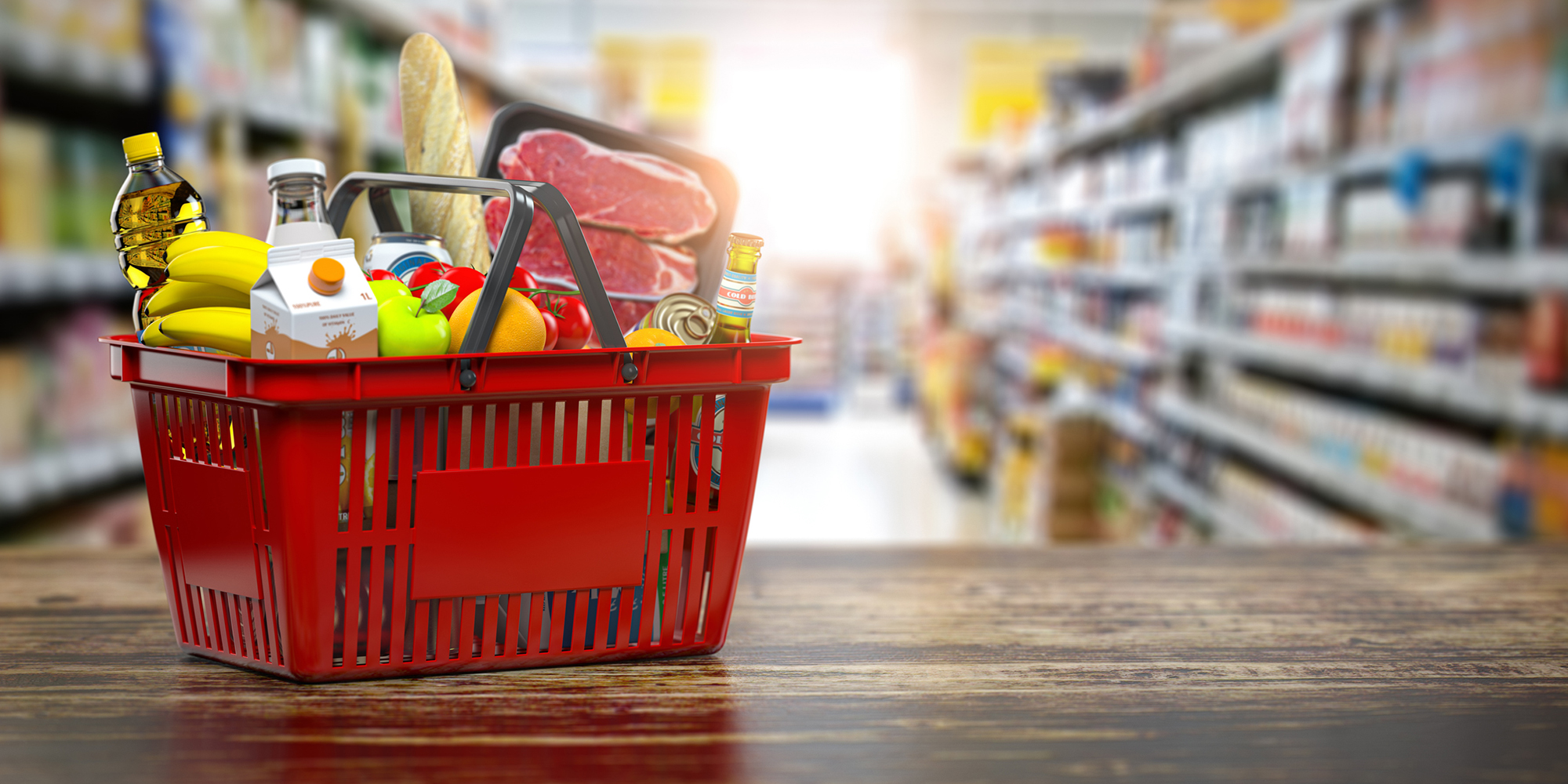South Africa’s consumer food inflation slowed slightly to 8.0% in September from 8.2% in the previous month. The product prices underpinning this deceleration were mainly bread and cereals; oils and fats; sugar, sweets and desserts; and vegetables. Our view of the path forward remains unchanged from what we have consistently communicated over the past few months.
While there are renewed risks, such as India’s decision to ban specific categories of rice exports, the termination of the Black Sea Grain Initiative that facilitated grain and oilseed exports from Ukraine and, domestically, the avian flu, we are still optimistic that South Africa’s consumer food inflation will continue to slow throughout the year into 2024.
The spread of avian influenza has mostly affected Gauteng, Mpumalanga, Free State, Limpopo and North West. More than 100 primarily commercial facilities have reported avian influenza cases. There have been reported losses in parental stock for breeders of layers and broilers.
The Department of Agriculture, Land Reform and Rural Development, and poultry producers and retailers are exploring a range of instruments to respond to the crisis. These include the containment measures currently being implemented by the industry and the government to control the spread of the disease.
Regarding the egg supply constraints, the industry is working on importing fertilised eggs to rebuild the parental stock lost from this disease, and importing powdered and liquid eggs for baking. There are also ongoing investigations of possible vaccinations to curb the spread of the disease.
There is anecdotal evidence of retailers that have adjusted egg prices significantly to manage the demand. Such price adjustments in a short period have raised concerns about the possible impact of the avian influenza on food inflation.
What will matter a lot is the duration of these higher prices, which we doubt will persist for an extended period if the interventions of imports and controlling the spread of the disease succeed. The increases could be a temporary blip, which will probably show on one-monthly inflation figures, and the trend will then continue on the expected path we were on before, which is deceleration or sideways.
Also worth noting is that eggs have a lower weighting within the food inflation basket, at 0.4%, which means their impact may not be as pronounced in an overall inflation figure.
The prices of poultry products, which have a slightly higher weighting of 2.09%, have not increased at the retail level as significantly as the price of eggs. Given that the supply of poultry products is still relatively good and various trade measures are under consideration, there should not be supply constraints over the foreseeable future.
Beyond the poultry developments, the products that could underpin the slowing food inflation trend are likely to be the same as in the past few months: grain-related products, fats and oils, and fruit and vegetables.
Within the vegetable side, however, we may see temporary price increases in potatoes due to quality issues and lower volumes in some regions. Such price shocks are already visible in some fresh produce markets nationwide.
Given the anticipated demand and potential slight price increase, the meat price trend could change slightly ahead of the festive season.
Bread and cereals
The Black Sea Grain Initiative challenges and India’s rice exports ban pose an upside price risk to bread and cereal products. With South Africa importing a million tonnes of rice and similarly exposed to wheat imports, the disruption in trade of these commodities and the length of it could have implications on the global price and, ultimately, South Africa’s bread and cereals component of the food inflation basket.
Still, we have not seen material price changes in the grain prices so far, although there were price reactions after the announcements of the Black Sea Grain Initiative termination and the India rice exports ban.
Hence, we expect the prices of grain-related products in the inflation basket to maintain a softening path.
We had feared that the prices of oils and fats would increase and follow the global price trend, which showed an uptick in July. However, recent data from the Food and Agriculture Organization (FAO) show continuous moderation.
For example, in September, the FAO’s vegetable oil price index was at 121 points, down by 4% from August and by 21% year on year. The decline in the global prices of palm, sunflower, soybean and canola oils underpinned this.
Beyond the global dynamics, South Africa is having a favourable agricultural season. For example, the 2022/23 maize harvest is estimated at 16.4 million tonnes, 6% higher than the 2021/22 season’s harvest and the second-largest harvest on record. The soybean harvest could reach a record 2.8 million tonnes. Other field crops and fruits also provided decent harvests. These increased supplies support the slowing food inflation view we expressed.
Also crucial for the food inflation outlook going into 2024 will be the meteorological effects of El Niño, although we remain optimistic that it will have a mild impact on the summer crop season, which will keep production at decent levels and, by extension, sustain moderating food prices.
There are good soil moisture levels across South Africa following several rainy seasons. Furthermore, the weather forecast remains reasonably favourable for the rest of the year, with El Niño expected to intensify from January.
Be that as it may, the prices of these products are influenced by global developments as we are an open economy interlinked to the world markets. So, monitoring global agricultural developments, geopolitics and energy markets remains vital. DM
Wandile Sihlobo, an agricultural economist, is the author of a new book, A Country of Two Agriculture: The Disparities, The Challenges, The Solutions (Tracey McDonald Publishers, 2023).





